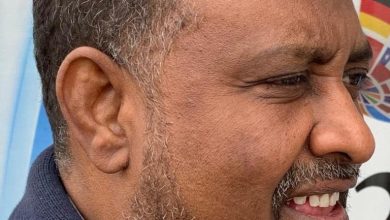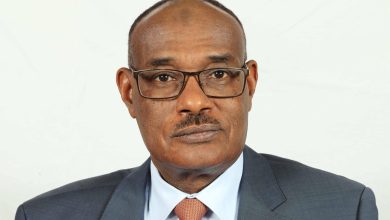Opinion
A Message to the Sovereign Council

By: Bushara Suleiman Noor
The war that our country is facing is unprecedented in terms of its executors, supporters, and the methods employed. This undoubtedly calls for an extraordinary response through government mechanisms and institutions. This cannot be achieved unless every entity fulfills its duties with full authority and doubled efforts.
The prolonged siege of the Sovereign Council’s military leaders within the General Command and their resilience for over eight months justified the administration of the country with minimal executive and administrative organization since the October 25th decisions. The country has operated without a fully authorized executive apparatus, and this situation persisted even after the heroic and risky operation that broke the siege of the General Command. Unfortunately, this imbalance has continued for nearly two years without any significant change, despite the growing challenges and demands facing the country.
Looking at the Sovereign Council’s performance since the outbreak of the militia war, it must be evaluated from military, political, and executive perspectives. On the military front, the performance has been remarkably successful, surpassing the expectations of the militia, its regional and international supporters, and its political allies within (Forces for Freedom and Change).
The militia, well-prepared with heavily armed forces, economic support, high salaries, and vast foreign mercenary reinforcements, was countered by an unprepared army suffering from the country’s economic conditions and deliberate weakening under the former transitional government. Despite this, the army, led by representatives of the Sovereign Council and the General Command, endured an eight-month siege, sacrificing hundreds of soldiers. The resilience of the military leadership under dire circumstances marked a significant victory against external conspiracies.
The escape from the General Command was another heroic act that turned the tide of the war. Furthermore, the steadfastness of military units in Omdurman, Bahri, and other areas, as well as the joint efforts in regions like El Fasher, where the army allied with local forces, showcased an extraordinary level of unity and resistance.
However, politically, the performance has been notably weak, despite the unprecedented popular and political support for the armed forces. This weakness has allowed political entities aligned with the militia to exploit gaps at African, Arab, and international levels. Questions arise: Is this weakness a genuine issue, or is it deliberate?
The political vacuum has created dangerous spaces that the militia and its foreign allies have exploited. The absence of a proactive diplomatic approach allowed the militia’s leader to roam freely across neighboring countries and beyond, tarnishing Sudan’s image while the Sovereign Council remained inactive. Even with the appointment of a seasoned foreign minister, Ali Yusuf, this step came too late.
The national political forces, Juba Peace Agreement groups, and civilian leaders have consistently advised the Sovereign Council to establish a fully authorized executive body to support military resilience and expedite the war’s conclusion. The delay in forming such a body since October 25th, despite the available opportunity, has raised doubts and given credibility to propaganda suggesting ulterior motives for the military’s actions.
Supervisory roles assigned to members of the Sovereign Council over ministries have hindered executive performance. This undermines the autonomy of executive bodies and creates inefficiencies. The supervision system not only reflects a lack of trust but also disrupts the balance of authority, leading to delays and poor decision-making.
The focus should be on forming an effective executive body, freeing the Sovereign Council to address strategic issues such as foreign relations. The lack of such focus has allowed regional and international forces to undermine Sudan’s position.
It is imperative for the Sovereign Council to distribute authority according to constitutional and legal frameworks, ensuring no power conflicts arise. The current ambiguity and delays risk damaging the country’s stability and the people’s trust in their leadership.
The time for excuses has passed. It is essential to establish a transparent, cooperative, and inclusive governance structure. Victory for the nation requires unity, clarity, and responsibility at all levels.



